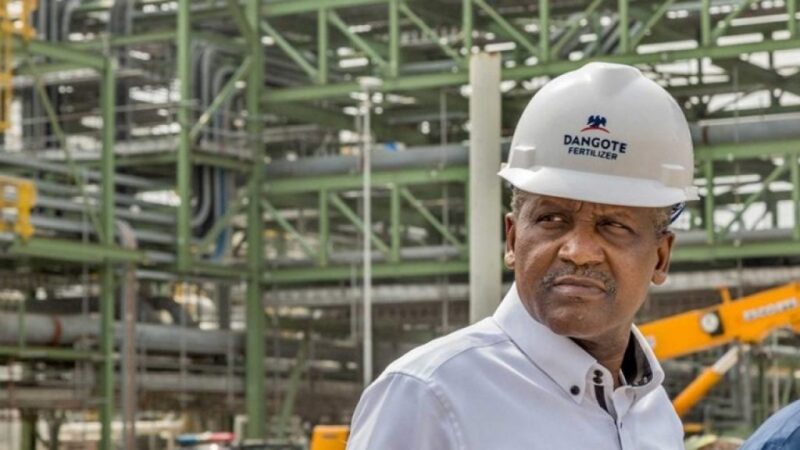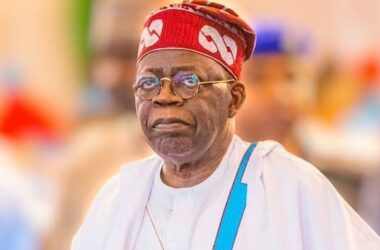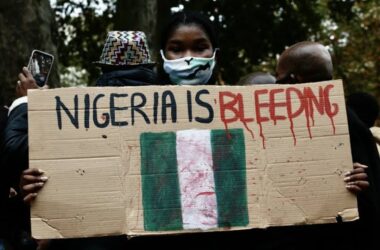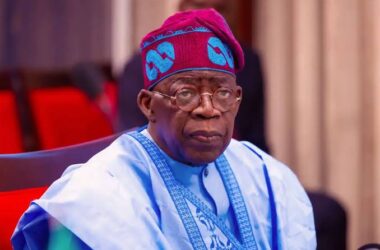Nigeria, Africa’s most populous nation, is facing a severe fuel crisis that threatens to further destabilize its already fragile economy.
On September 3rd, Aliko Dangote, one of Africa’s wealthiest men, announced that his $20 billion refinery, which has faced numerous delays, has finally begun producing petrol.
This news has sparked intense discussion among Nigerians, who are eager to see whether this new refinery will help alleviate the nation’s persistent fuel shortages and economic challenges.
The Dangote Refinery is set to be a game-changer. Once it reaches its full operational capacity, it will be capable of meeting all of Nigeria’s petrol needs.
However, the impact of this refinery on the average Nigerian will largely depend on political decisions regarding petrol pricing.
Historically, the Nigerian government has maintained artificially low petrol prices through subsidies, a policy that could complicate the refinery’s ability to operate profitably.
For decades, the Nigerian government has kept petrol prices low through subsidies. This has meant that the government effectively controls the petrol market, often at the expense of other critical public services.
The subsidy system is financed through a convoluted mechanism: the state-owned Nigerian National Petroleum Corporation (NNPC) exchanges crude oil for refined petrol from abroad and sells this petrol at a loss.
These losses are then deducted from the oil royalties that should be contributed to the national treasury. This system is prone to corruption and inefficiencies, with a significant portion of subsidized petrol being smuggled out of the country.
The current administration, led by President Bola Tinubu, announced a removal of the petrol subsidy last year.
However, this policy change has not been fully implemented, and the subsidy has reappeared, costing approximately 5.4 trillion naira (about $3.3 billion) in 2024. This expenditure represents about 2.3% of Nigeria’s GDP and is four times the health budget, highlighting the substantial financial burden the subsidy places on the government.
The situation is dire for public services in Nigeria. The annual expenditure per person on education is just $6, and on health, it is $4. Primary school enrollment stands at only 65%, significantly lower than in poorer countries such as Sierra Leone.
According to the World Bank, Nigerian children reach only a third of their potential due to inadequate education and healthcare, which severely impacts their future productivity.
Fuel subsidies are not only financially draining but also lead to frequent shortages. In recent weeks, residents of Lagos have experienced long queues at petrol stations, with some people waiting up to 16 hours to refuel.
The shortage has led to a flourishing black market where petrol is sold at prices significantly higher than the official rate. “I’ve been waiting 16 hours,” said one frustrated motorist, highlighting the severe inconvenience faced by many.
A potential solution to this problem would be to allow the Dangote Refinery to sell petrol at market prices.
Businessday, in a report, noted that “if Mr Dangote is allowed to charge market prices for his petrol, that could remove government control over a thing best left alone while freeing up funds for services such as health care and education.”
However, implementing such a reform is not without challenges. The current subsidy system is deeply entrenched, and those benefiting from the status quo may resist changes.
Furthermore, many Nigerians have come to view subsidized petrol as a key benefit provided by the government, making the removal of the subsidy a politically sensitive issue.
Recent adjustments to petrol prices have already sparked public outrage. A price increase from 568 naira ($0.35) to around 855 naira has not alleviated the queues at petrol stations, as it remains below the market rate of over 1,000 naira.
This price hike has had a ripple effect on the cost of living, making everyday items like food and electricity more expensive. Shopkeeper Zeinab Usiabulu noted that the price of a 50kg bag of rice had risen from 81,000 naira to 86,000 naira within a week.
The economic strain is also affecting higher education. At the University of Ibadan, tuition and related costs have doubled, leading to significant student protests.
The university’s registrar, Ganiyu Saliu, described the funding situation as “unsustainable,” underscoring the broader financial crisis affecting public institutions.
Despite these challenges, there are reasons for cautious optimism. The Nigerian government’s financial situation is precarious, with debt servicing consuming a significant portion of revenue.
The NNPC’s struggles with fuel imports and the high cost of subsidies may force a deal with Dangote’s refinery. This could eventually lead to a reduction in subsidies, though such a transition will require careful planning and the strengthening of social safety nets.
In the meantime, Nigerians are adapting to the situation. Some are turning to solar power to reduce reliance on costly fuel, while others are finding creative solutions to manage their daily needs amidst the ongoing crisis.










